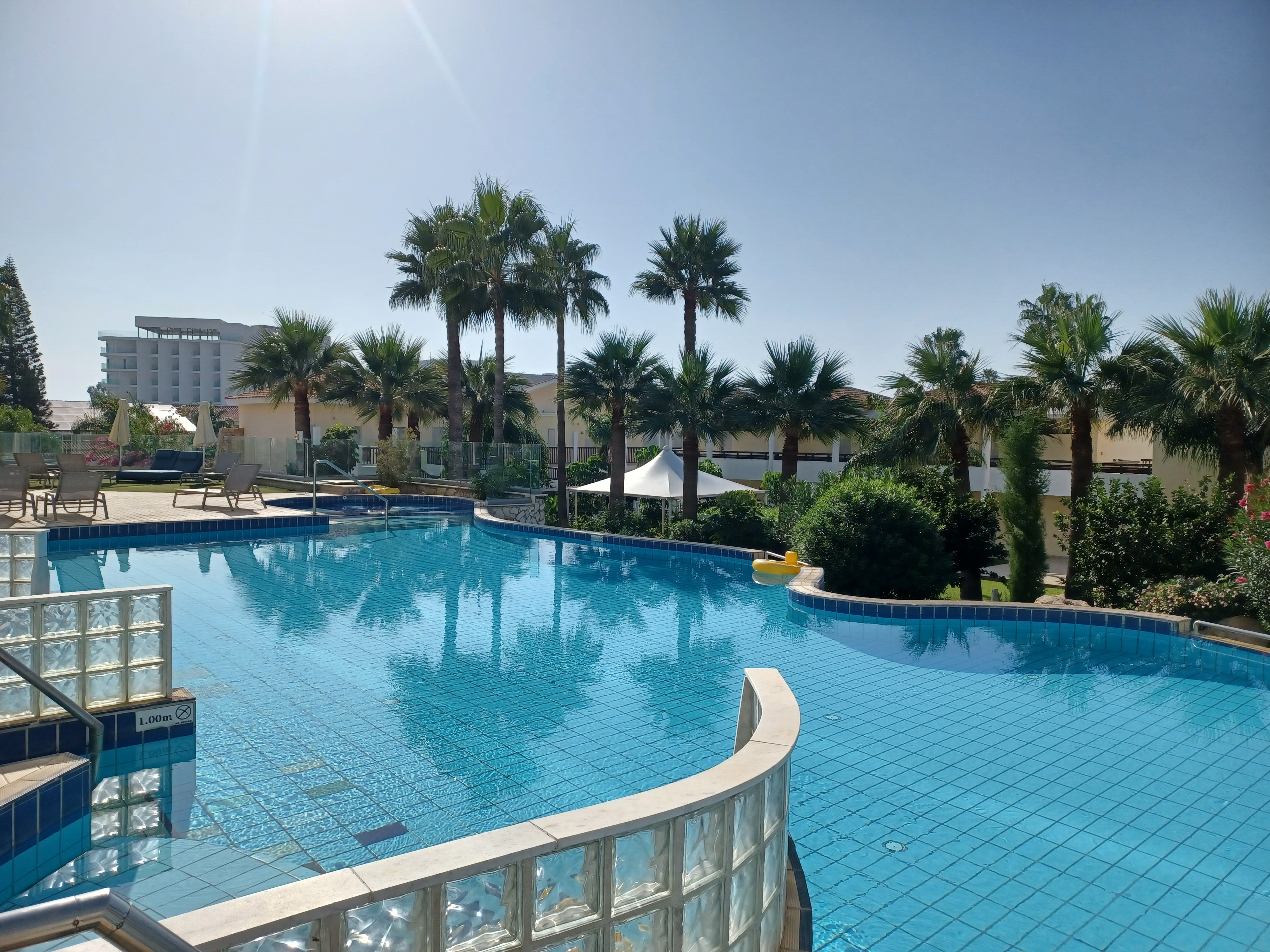Cyprus’ long-standing ambition to transform into a year-round tourist destination is gradually taking shape, with recent developments indicating growing momentum as hotel operators and tourism authorities align behind a shared goal.
A growing number of hotels, mainly in Ayia Napa and Protaras, have decided to stay open for longer periods in 2026, extending operations by around two weeks at both ends of the season, in March and November.
According to industry sources, several hotels in the Famagusta district will also remain open throughout November 2025, helping to broaden the island’s tourism window beyond the traditional summer months.
While this may appear a modest move, tourism professionals consider it an important first step in a wider transition.
For the plan to work, they stress, the entire tourism ecosystem must remain active — from restaurants and supermarkets to transport and leisure services.
Without this coordination, they warn, visitors risk encountering “dead towns” despite favourable weather conditions.
“For us to succeed, hotels must take the risk to remain open, whilst local communities must support operations through restaurants and small shops,” said Christos Angelides, director general of the Cyprus Hoteliers Association (Pasyxe).
“They will be able to work twelve months instead of seven, building a stable career in tourism,” he added, noting that “Scandinavians travel extensively in winter, as do Germans, and that’s where we should target.”
The timing, in fact, could hardly be better. Cyprus’ mild climate remains one of its strongest assets. According to Visit Cyprus, the island enjoys more than 300 days of sunshine annually, while sea temperatures remain above 22 °C from June through November.
In November, the average sea temperature in Ayia Napa ranges between 21 °C and 24 °C, and daytime air temperatures hover around 22 °C.
By contrast, WeatherSpark data show that in July, average highs reach around 33 °C, making the gentler conditions of spring and autumn far more comfortable for visitors seeking milder weather.
Moreover, official figures confirm that demand remains strong. Between January and September 2025, tourist arrivals rose by 10.3 per cent year-on-year, reaching 3.6 million, compared with 3.27 million in the same period last year, according to the Cyprus Statistical Service (Cystat).
Tourism revenue for the first seven months of 2025 reached €1.89 billion, while total earnings for 2024 stood at €3.2 billion, up 7.3 per cent on the previous year. As a result, the sector’s contribution to GDP has increased to 14 per cent, from 13.3 per cent a year earlier.
Against this backdrop, Pasyxe president Thanos Michaelides described the extension effort as both timely and necessary.
“A key objective remains the establishment of year-round tourism across Cyprus, ensuring more stable hotel operations and greater sustainability in the hospitality industry,” he said, adding that
“One of our main goals is to strengthen tourism between November and April, there is considerable room for improvement in arrivals and opportunities to attract visitors from new markets.”
At the same time, the Deputy Ministry of Tourism is working to diversify the tourism product, placing greater emphasis on sports, wellness, gastronomy and conference tourism to reduce the island’s dependence on the “sun-and-sea” model.
“We need action, not just talk about extending the season,” said Haris Papacharalambous, president of the Association of Cyprus Travel Agents (Actta).
These initiatives are part of a broader strategic shift. Tourism authorities are promoting Cyprus across 52 countries as part of a global campaign positioning the island as an authentic, sustainable, year-round destination.
In parallel, efforts are under way to develop new infrastructure, from conference centres and wellness retreats to nature trails and cultural venues, aimed at sustaining visitor interest beyond the peak months.
Extending the tourist season could, in the long term, bring tangible benefits to the economy. Year-round operations would provide steady employment for tourism workers, consistent income for local communities and better use of existing infrastructure.
However, stakeholders acknowledge that the shift cannot happen overnight. Convincing airlines, travel agents and holidaymakers to include Cyprus in their off-season schedules requires several years of sustained promotion and proof of reliability.
As Angelides explained,“It’s not enough to do it for one year and stop. Attracting tourists at different times than usual requires systematic effort over time to convince travel agents and airlines to include our country in new itineraries.”
Still, industry observers agree that even modest extensions, a fortnight at the start and end of the season, could gradually help Cyprus transition from a highly seasonal model to a more balanced tourism calendar.
In fact, official statistics reflect steady growth during the off-season months. In March 2025, tourist arrivals reached 182,500, compared with 167,300 in March 2024 and 144,800 in 2023.
April arrivals climbed to 402,100, up from 376,000 a year earlier, while November 2024 closed with 173,000 visitors, with 2025 expected to exceed 195,000 once final data are confirmed.
Overall, total arrivals for January–September 2025 reached 3.6 million, compared to 3.27 million a year earlier, a clear sign that the off-peak months are steadily gaining traction.
Meanwhile, the international spotlight is turning to London, where the World Travel Market (WTM) 2025 will take place from November 4 to 6 at ExCeL London.
Recognised alongside ITB Berlin as one of the world’s two leading travel exhibitions, WTM London attracts around 45,000 professionals each year.
This year’s theme, “Redefining Travel in a Changing World”, reflects the industry’s evolving priorities, with sustainability once again at the heart of discussions.
Other major global and regional events, including the Arabian Travel Market (ATM), IATA gatherings, and ITB Asia and ITB China, continue to shape how destinations position themselves in a post-pandemic environment.






Click here to change your cookie preferences